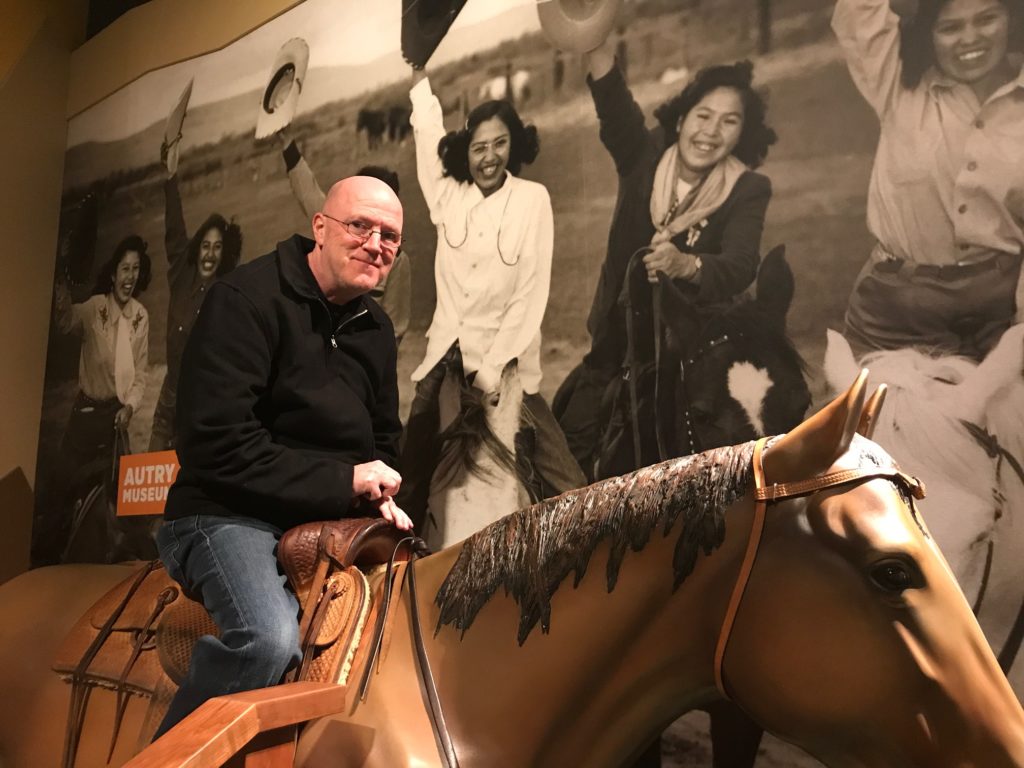
One of the stranger idioms in modern American English is the expression, “It’s not my first rodeo.”
What does it mean, and why do we say it?
The expression means that you have experience doing something, that you know what you’re doing, that you have done it (whatever “it” is) before.
For example, let’s say you are changing the tire (what goes on the wheel) on your car. Your friend tries to tell you what you should do, or questions whether you can do it yourself.
You respond, “It’s not my first rodeo. I can handle (manage; do) it!”
It’s not clear where this expression comes from.
In American English, a rodeo is a contest in which cowboys (and cowgirls!) ride wild or untrained horses inside a circle or ring, trying to stay on the horse as long as possible.
Rodeos have other competitions, including roping (throwing a rope around) a moving calf (a young cow or bull).
To win in a rodeo requires skill and experience.
Now, why we use this exact expression is a bit of a mystery.
Some people think it comes from country western song. Country western is a style of music whose songs are often about life in rural (not cities) areas, including things like rodeos.
Others think the phrases comes from a book (later a famous movie) called Mommy Dearest, by the daughter of movie actress Joan Crawford.
The photo with this post comes from the Gene Autry Museum, a museum about life in the West (western U.S.) located here in Los Angeles.
That’s me in the photo “riding” a horse (well, a horse made of wood).
Notice also in the photo behind me all of the cowgirls following me, with their hats in the air.
It’s not often I get chased on a horse by a group of women. In fact, I never get chased by a group of women anywhere.
~Jeff
WAIT!
Before You Go . . .
Get our FREE, 9-Page Special Report
“5 Things You MUST Know to Improve Your English”
Learn how to improve your English faster than ever with the latest, research-proven methods. Download it to find out more!
Just fill out your first name and email address below to get it: